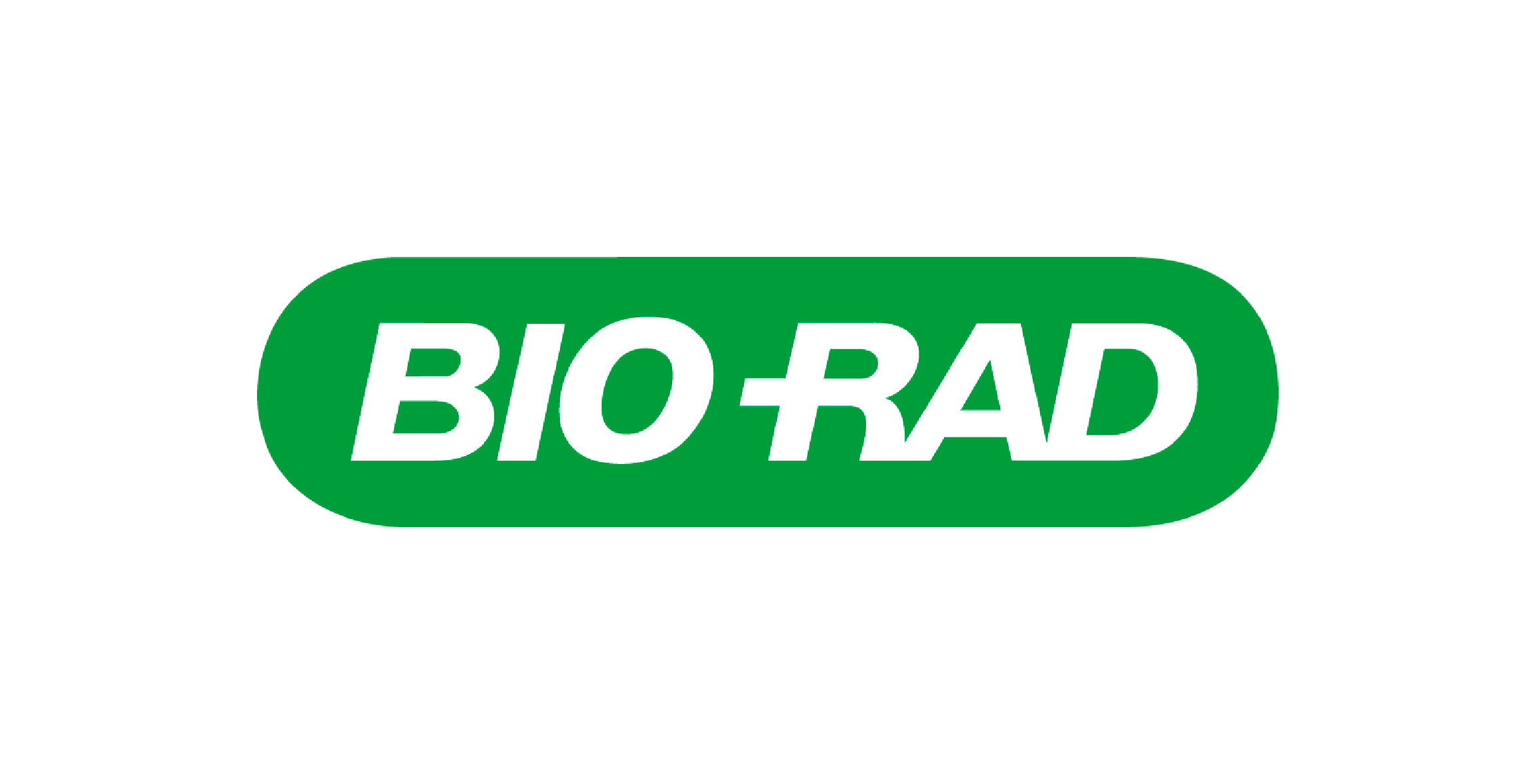Complying With Trade Controls and Sanctions
We make the right decisions when it comes shipping our products globally, and that means that we respect and follow customs and trade regulations that apply to our products and to any intellectual property (IP) exchanged with third parties.
We get involved and make a difference globally. We’re committed to introducing our products worldwide and serving our customers everywhere. But when we are conducting our business internationally, we keep in mind the laws and regulations that govern international trade. To transfer our products overseas, we must make sure we have obtained all the appropriate government approvals. The failure to do so could result in the loss of export or import privileges as well as civil or criminal penalties. This includes reporting correct Harmonized Tariff Schedule number (HTS), Country of Origin and value.

In addition to verifying the eligibility of both the location and the recipient of any item, we must also secure any necessary import licenses or authorizations, such as those from the FDA or other world health organizations, for our medical products. We must also know the permits or licenses required to import or export our products in each country.
Bio-Rad conducts no business with countries embargoed by the U.S. government, and we are limited in the type of business that we can conduct in sanctioned countries or with sanctioned individuals. We do not engage in any transactions or dealings with sanctioned countries or individuals. Embargoes and sanctions can be complex, and the countries affected can change, so consult with the Legal Department to obtain a current list of countries where we must avoid doing business.
We may not cooperate with any boycott of a particular person or country, such as the Arab League boycott of Israel, that is not approved by the U.S. government. We are required by law to report any requests to participate in unsanctioned boycotts. If you have any question about boycotts, contact the Compliance Department.

Expectations
- We make sure that we learn all the import, export, sanction, and anti-boycott laws and regulations that apply to our role at Bio-Rad.
- Since this area of the law can be complicated and changeable, we contact the Trade Compliance Department immediately with any questions or concerns we might have.
- Contact the Bio-Rad Trade Compliance Department if a customs agency contacts you.
Key Terms
Bringing goods or services into a country from abroad to sell.
SAP System used by Bio-Rad to manage and control imports and exports.
Products or IP (such as technical information or data) that is transferred from one country to another or is provided to a citizen or representative of another country, no matter where that person is located.
A 6- to 10-digit U.S. Customs code required to export and import. The HTS number determines the applicable duty rate and import requirements.
An official government ban on some trade, possibly limited to certain sectors (such as armaments), or with certain allowable exceptions.
May not be the country in which the item is purchased; An item’s Country of Origin is the country where the product was manufactured; This does not include kitting, simple assembly, or packing.
An official government ban on all trade with a particular country.
A tax or payment levied by a government entity on the import, export, manufacture, or sale of goods.
